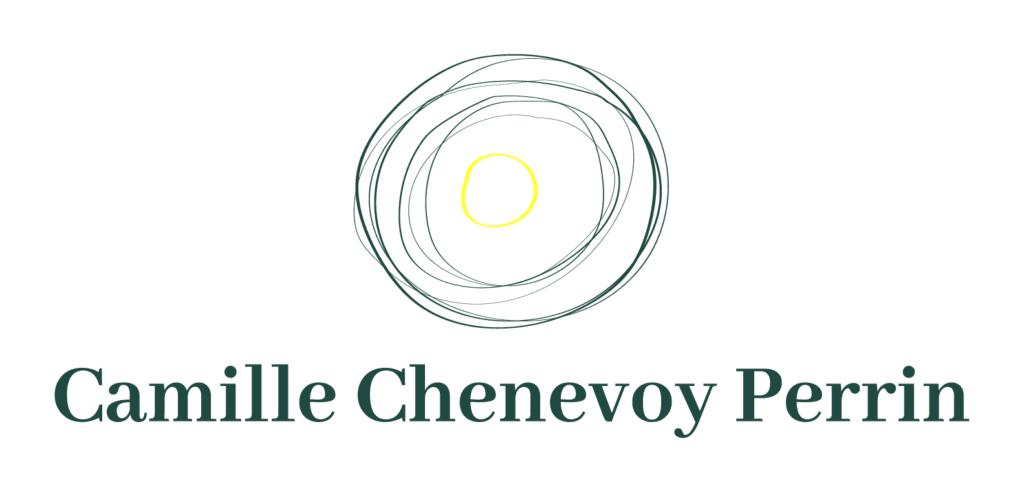– January 2017 –
I was in Paris, I had been living there for 10 years, working there, and having my social life there.
I had left my “nomadic” life behind me. I had a husband, and at that time 2 children, my 3rd was born just after.
I worked in a large French bank. I had gradually managed to change jobs and climb the ladder. My job was exciting, it fed my ego, maybe a little too much pressure, a little too stressful, without much hindsight…
Which was positive because it gave me the opportunity to turn to yoga, then to meditation thanks to a caring colleague who put me on the path… (Aglaé you will recognize yourself!)
I cried without really understanding why at the end of the yoga sessions, during the shavasana.
One thing was clear: I had gotten lost along the way.
I then followed my first cycle MBSR – Mindfulness Based Stress Reduction.
It was like opening a door to a new way of seeing things, a new way of living, not necessarily easier, but authentic, more connected to myself. A new way of being with myself, a new way of being in the world.
The MBSR protocol was created in the 80s by Professor Jon Kabat Zinn.
He tested this protocol with patients to show its effectiveness on stress, which enabled him to create, among other things, the stress reduction clinic.
This protocol takes place over 8 weeks, we meet once a week for 2h30, as a group.
There is also a “day” in silence. This gives a taste of retreats in silence highly recommended after an MBSR.
The course of these sessions is a bit like a guided journey, which allows us to gently go into ourselves, little by little, to regain contact with our body, its sensations.
The daily practice of body scanning is a very relevant tool to slow down and (re) connect to your body.
The following weeks we observe our reactions to the pleasant and unpleasant moments that surround us. We become aware of our physical sensations, emotions and thoughts. To be able to be aware of it, to be in touch with what is happening in a finer and more precise way is already a great paradigm shift.
Recordings of meditations of 20 min, then 40 min, accompany participants in the practice of sitting meditation.
In addition, yoga sessions or slow movements also allow you to perceive your body in motion in a finer way and to be in contact with the thoughts that arise.
The benefits of mindfulness meditation are multiple: from stress management, to improving sleep, to being better in the face of anxiety, to managing physical and psychological suffering…
But listing the benefits is of little interest to me, studies are springing up everywhere.
It was for me a real shift in my way of understanding life.
" You can't stop the waves but you can learn to surf "
Jon Kabat Zinn
The idea here is more to share my experience, and motivation. To allow people asking questions to start answering them. To dare to push the door to see what is happening on the other side.

